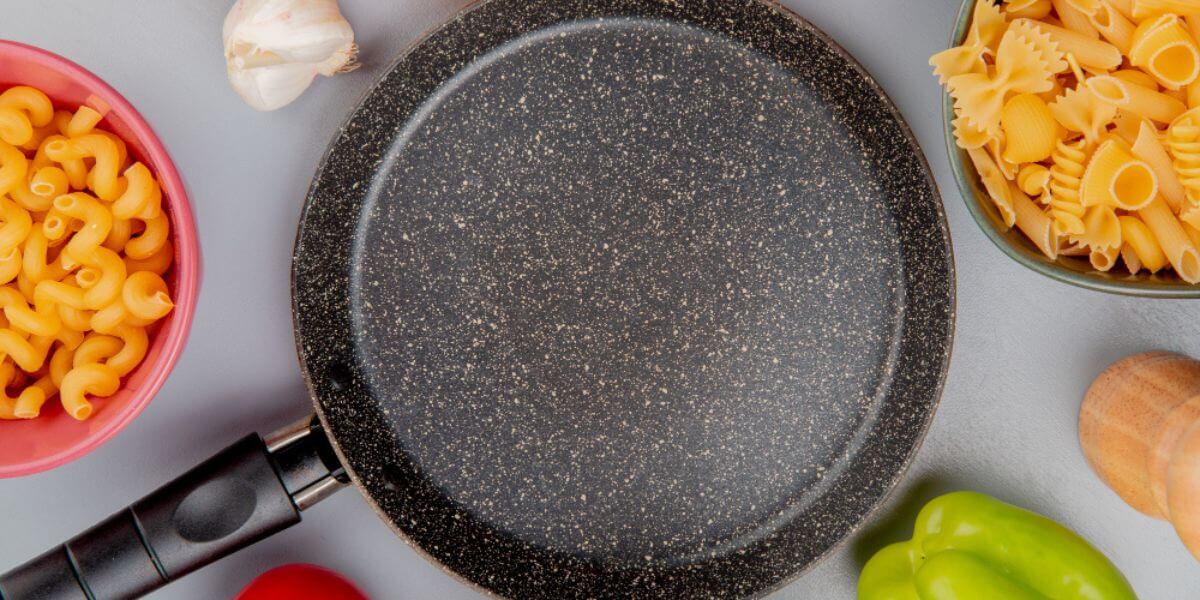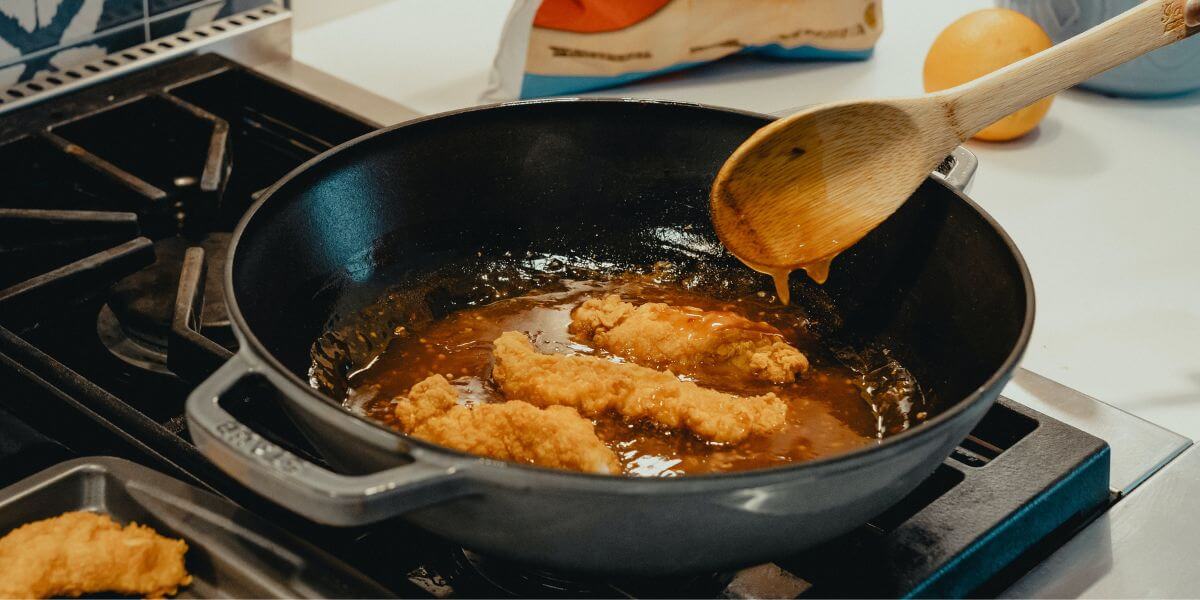Is Aluminum Cookware Safe? Unlock The Truth


The safety of aluminum cookware has been a subject of debate among experts. While aluminum is considered safe for use in cookware, there are concerns about its potential interaction with certain foods and the release of aluminum into the food during cooking.
Research shows aluminum may contaminate food at minute levels when cooked or kept with acidic or salty foods. This leaching can further intensify when cooking with high heat or using old, scratched, or damaged aluminum cookware.
Introduction
Here, explore the safety of using aluminum cookware in your kitchen. Due to its strong heat-conduction capabilities and low cost, aluminum is a common material for cookware. However, concerns about the potential health dangers of preparing and keeping food in aluminum pots and pans have been expressed. We will delve into this topic to help you make an informed decision about using aluminum cookware in your home.
Understanding Aluminum Cookware
Aluminum cookware is made from aluminum, a lightweight metal known for its high thermal conductivity. It is often used to construct pots, pans, and baking sheets due to its ability to distribute heat evenly. The metal’s efficient heat conduction ensures your food is cooked evenly and helps prevent hot spots.
Potential Health Concerns

Excessive aluminum intake has been linked to health issues such as Alzheimer’s, and kidney and bone disorders. However, it’s important to note that the aluminum content in most foods is generally low, and the body can handle small amounts of aluminum without significant harm.
While the scientific community has not agreed on the direct link between aluminum cookware and these health conditions, it is advisable to minimize exposure to aluminum leaching by taking certain precautions.
Safety Precautions
You can take the following precautions to lessen the danger of aluminum affecting your food:
By implementing these precautions, you can help mitigate potential health risks associated with aluminum cookware.
Alternatives to Aluminum Cookware
If you prefer to avoid aluminum cookware altogether, various alternatives are available. Here are some popular choices:
The Benefits of Aluminum Cookware
Aluminum cookware is popular among home cooks despite specific safety concerns since it has several benefits. These benefits include:
Caring for Aluminum Cookware
You must stick to regular cleaning and maintenance procedures to extend the lifespan of your aluminum cookware and guarantee its safety. Here are some tips:
Conclusion
In conclusion, several variables affect the safety of aluminum cookware, including the cookware’s condition, the food being cooked, and the cooking methods employed. While there are concerns about potential aluminum leaching, taking appropriate precautions and responsibly using aluminum cookware can minimize risks.
If you prefer to avoid aluminum cookware altogether, alternative options offer similar cooking performance without the potential health concerns. Choosing cookware material is a personal decision based on your preferences and priorities.
Frequently Asked Questions
Is it safe to cook in aluminum pots and pans?
Yes, it is generally safe to cook in aluminum pots and pans. However, following safety precautions and avoiding prolonged cooking of acidic or salty foods is advisable.
Can aluminum leach into food during cooking?
Aluminum can leach into food, especially when cooking acidic or salty dishes or using old, scratched, or damaged aluminum cookware.
Are there any health risks in using aluminum cookware?
Excessive intake of aluminum has been linked to specific health issues. However, the aluminum content in most foods is generally low, and the body can handle small amounts of aluminum without significant harm.
What are the alternatives to aluminum cookware?
Other aluminum cookware options include stainless steel, cast iron, ceramic, and glass cookware.
How should I care for my aluminum cookware?
It is recommended to hand wash aluminum cookware using mild dish soap and a non-abrasive sponge or cloth. Avoid using the dishwasher and storing acidic foods in aluminum cookware.





